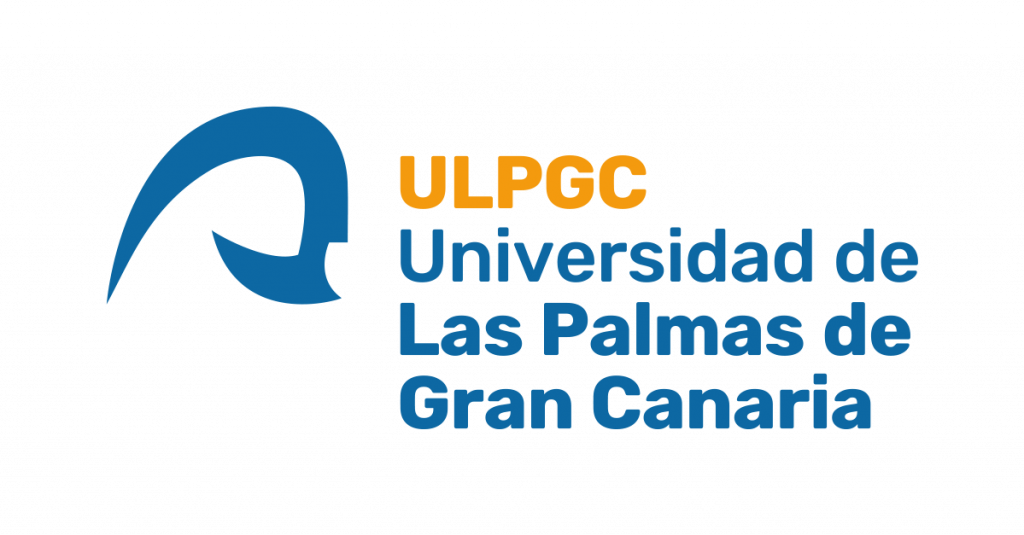Research main areas
1. Intercultural communicative competence in the foreign language and translation classroom
Lead researcher: CLOUET, RICHARD
L2. Language learning and motivation, ubiquitous knowledge and international communication
Lead researcher: GARCÍA SÁNCHEZ, SORAYA
Summary: This research line focuses on fostering global knowledge acquisition and the enhancement of 21st-century communicative skills in foreign languages, and especially in English as a Lingua Franca or the international language of communication among different cultures, through collaborative ubiquitous learning environments (ULE/COIL). These environments, accessible anywhere and anytime, are supported by ubiquitous mobile devices and digital resources to meet the real and professional needs of higher education students, who are active participants in their learning process. U-learning is supported by the appropriate use of Information and Communication Technologies, (ICTs), Computer-Assisted Language Learning (CALL), Mobile-Assisted Language Learning (MALL), Open Access Resources (OAR), collaborative and independent learning and the combination of formal and informal learning. This approach enables lifelong learners to generate multimodal knowledge, even through Story-Based Learning (SBL), enabling them to create, debate, develop and enhance their linguistic and communicative skills, and adapt to the evolving demands of the 21st-century professional landscape, not just as university students but as lifelong language learners. Additionally, this research line delves into understanding L2 language learning motivation in relation to several complex factors intrinsic to individuals and their contexts, and of vision as a powerful tool to enhance individuals’ life capital.
Keywords: Applied Linguistics, EFL/ESP/ELF, CALL-MALL, Ubiquitous teaching-learning,

